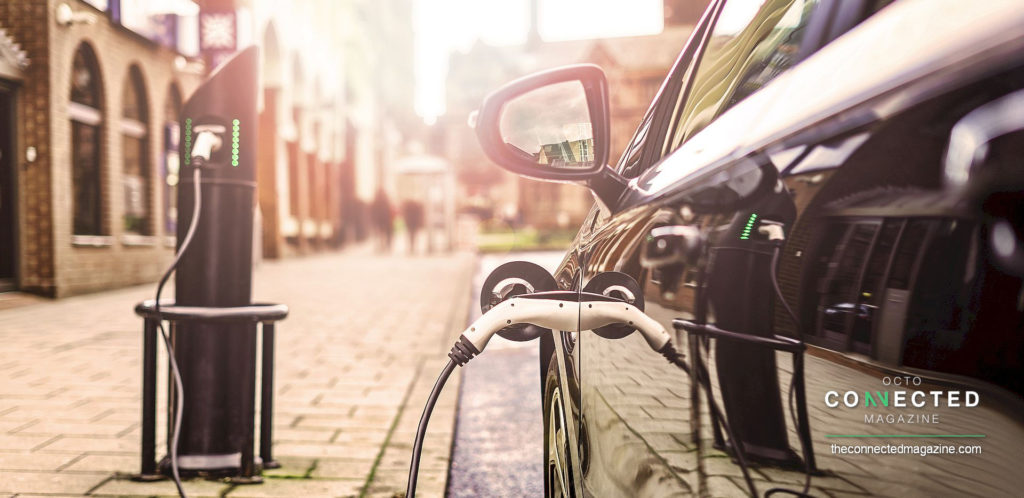
The UK has announced that the sale of petrol and diesel cars and vans will end in 2030, 10 years earlier than planned. The sale of plug-in hybrid vehicles will stop in 2035.
Prime Minister Boris Johnson made the much-anticipated commitment in a column for the Financial Times. He promised that the Government will invest more than £2.8bn (€3bn) in electric vehicles, creating a nationwide recharging network and manufacturing batteries in UK gigafactories.
“This will allow us to end the sale of new petrol and diesel cars and vans in 2030,” said Johnson. “However, we will allow the sale of hybrid cars and vans that can drive a significant distance with no carbon coming out of the tailpipe until 2035.”
On the global stage, the UK is now second only to Norway in its ambitions to phase out vehicles with internal combustion engines.
Green Industrial Revolution
Unveiling his 10-point plan for a Green Industrial Revolution, Johnson also promised cleaner public transport, including thousands of green buses and hundreds of miles of new cycle lanes.
Sales of battery electric cars have been rising rapidly in the UK, registering a 195% year-on-year increase in October, compared to a 38% decline in diesel sales.
Fleet reaction
The BVRLA, which represents leasing and rental companies, welcomed the announcement, but said the Government had to focus on maintaining attractive grants and tax incentives for battery-electric cars. The association also emphasised the need for a comprehensive national charging infrastructure. And it urged the UK Government to ensure OEMs supply sufficient EVs to the UK to meet demand, an issue that has risen to the fore because of Brexit and concerns that UK car sales may not be included in EU emissions targets.
“2030 is an extremely aggressive phase-out target, but one that will be embraced by many drivers and fleet operators,” said a BVRLA spokesman.
“The 2035 extension for plug-in and full hybrids provides an essential lifeline for those facing a greater zero-emission challenge. Vehicle rental companies and van fleet operators will be very relieved to have this additional breathing space but will need clarity on exactly what types of hybrid are in scope.
“Setting these phase-out dates is just the start of the journey, now the Government needs to create the supportive environment that will enable fleets and motorists to step up to the challenge of decarbonising road transport. It won’t be easy, and it won’t be cheap.”
New company car policies needed
Alan Bastey, customer relationship director and EV specialist at Zenith, a top 10 leasing company in the UK, said the green announcement: “means the change is only two or three fleet cycles away for the average company. Moving to an electric vehicle can be daunting for drivers, so companies need to design a policy that helps to inform employee choice and remove the perceived barriers. We see that engagement and education are pivotal to successful uptake.”
Source: fleeteurope.com